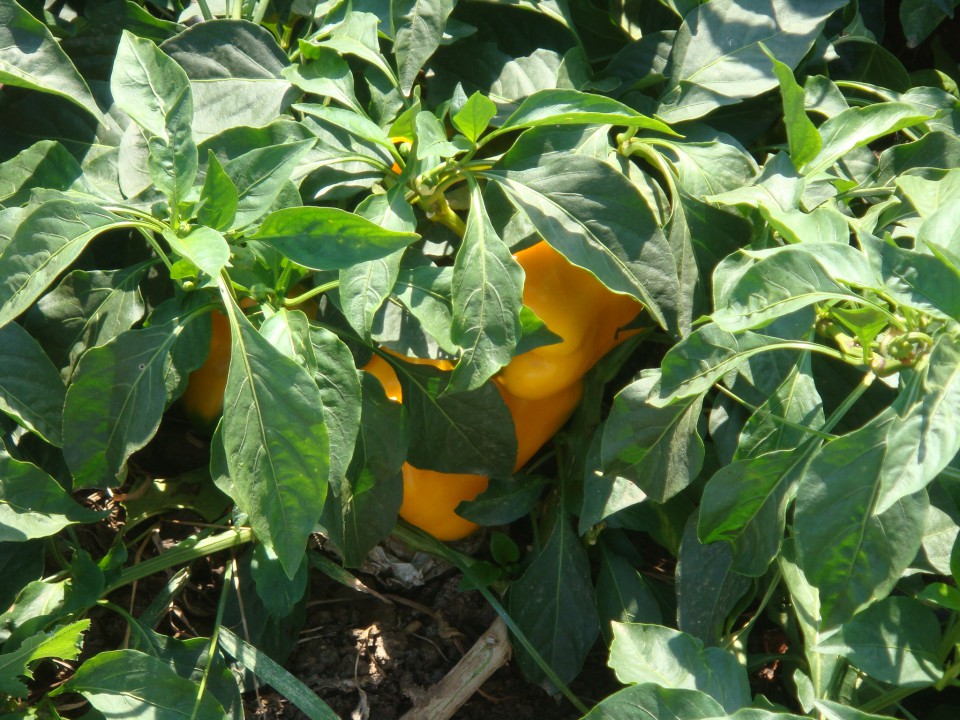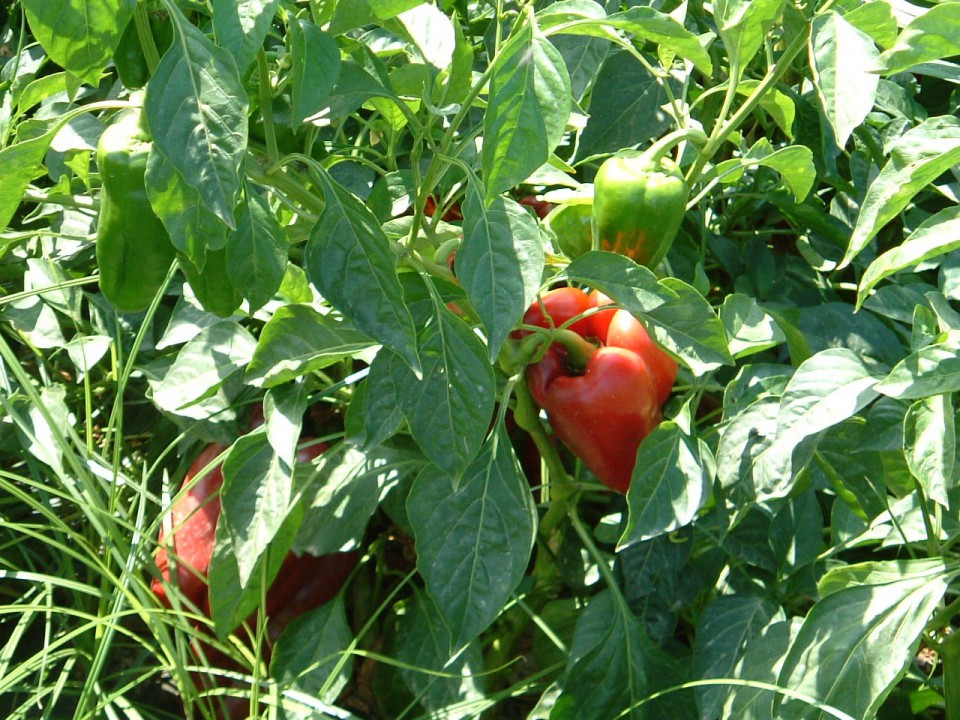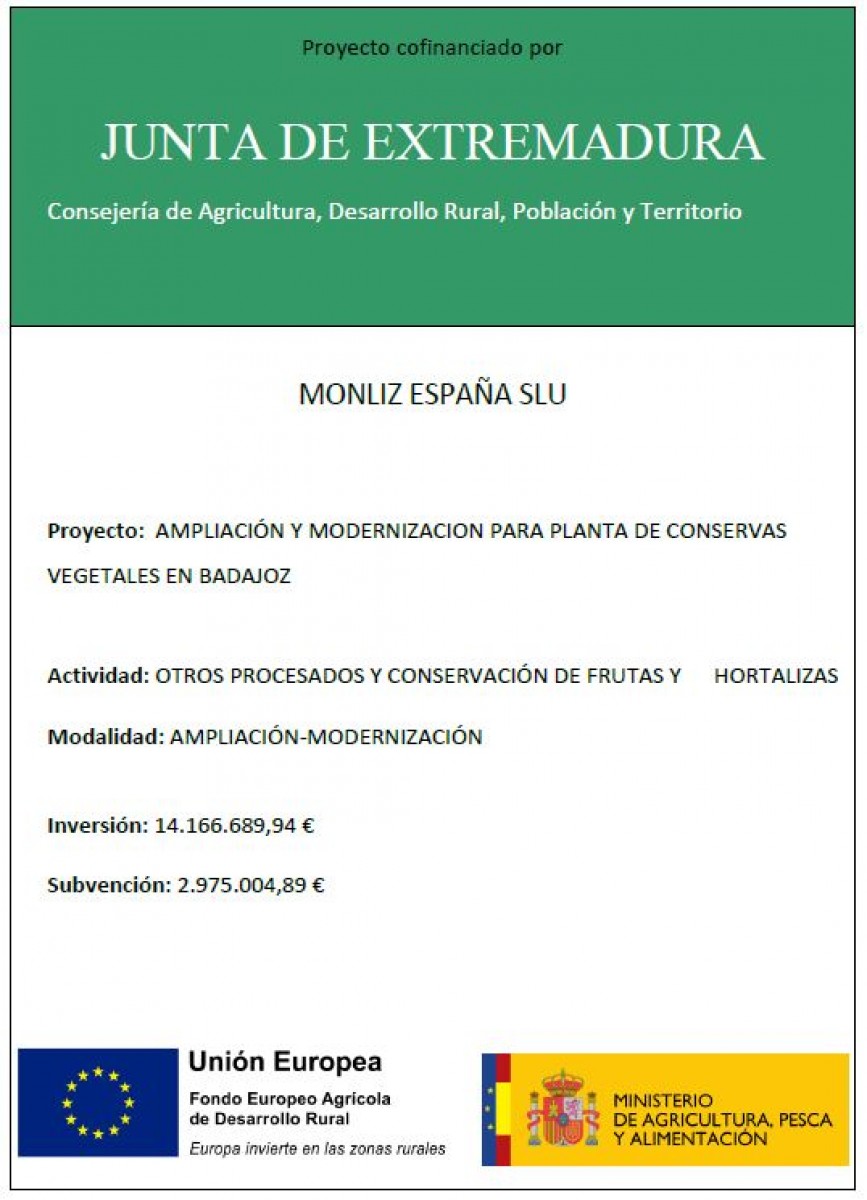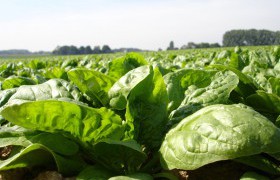From field to fork
Know the terroirs
Know the terroirs
You can’t grow vegetables properly everywhere you want to. Take our peppers for instance: they thrive best in Southern European soils where they get lots of sun and exactly the right nutrients to develop their sweet spiciness. That’s why our field managers work carefully to find the right fields with exactly the right features (soil type, annual sun hours, ventilation and humidity levels to name a few) so our veggies can flourish in their native terroirs.
1 product, 2 terroirs. This is how it works:
Freshly frozen peppers, the best from Portugal
The peppers we grow in the Tagus valley in Alpiarça, the most fertile region in Portugal, enjoy the benefits of a very rich soil in combination with a unique climate: a typically Mediterranean summer, plentiful rain and not a touch of frost during winter. That makes our Portuguese peppers packed with healthy vitamins and gives them their full flavour, which we both capture and preserve for you by freezing them immediately after they’re harvested.

Grilled or fried freshly frozen peppers, the best from Spain
We grow some of our peppers in the Extremadura region in the west of Spain. The soil there is perfect and the region has a continental climate, tempered by warm and humid winds that sweep up from the Atlantic. And although there’s very little rainfall, the land is dedicated to irrigated agriculture enabled by the extensive network of dams and channels in the Rio Guadiana and Tajo basin. This makes the area completely resistant to extreme dry spells or long periods of drought.


Crop’s Spain and the European Union joining forces for rural development:
The European network for rural development (ENRD) acts as a hub of information on how rural development policy, programmes, projects and other initiatives are working in practice and how they can be improved to achieve more. Its aims to engage and reach anyone with an interest in and commitment to rural development in Europe.
The ENRD supports the effective implementation of EU countries' rural development programmes by generating and sharing knowledge, as well as through facilitating information exchange and cooperation across rural Europe.
These activities are facilitated by two support units: the ENRD contact point and the European evaluation helpdesk for rural development.

